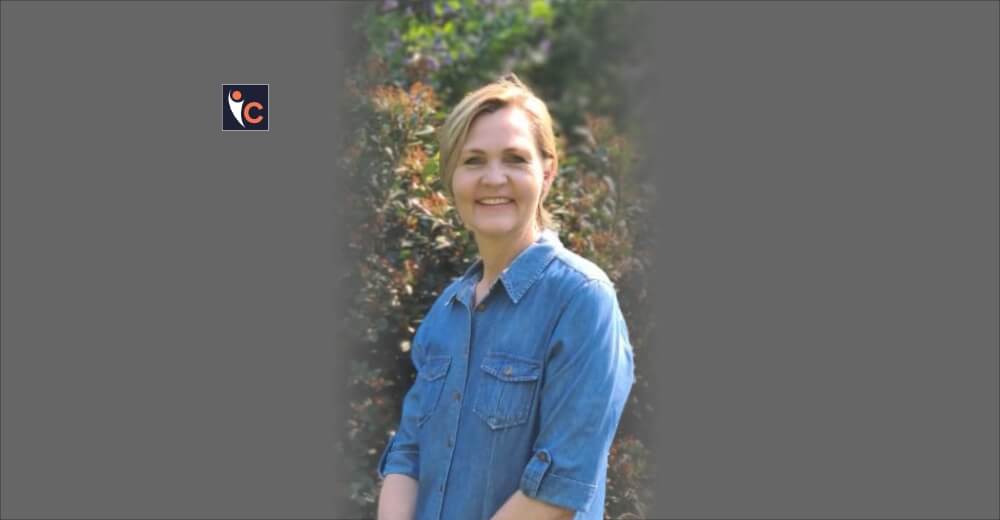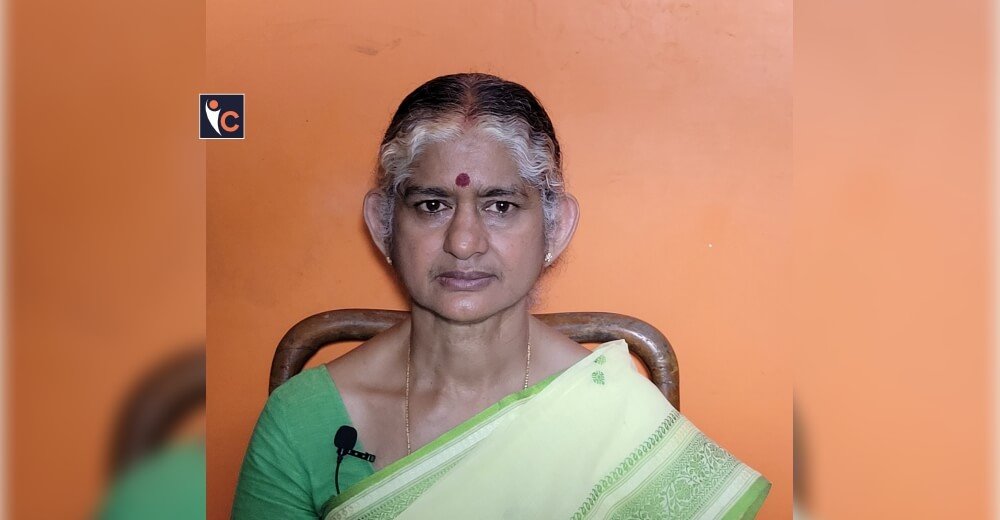Going green is more than just reusing and recycling but rather a ‘lifestyle.’ As green products are safe, biodegradable, and non-toxic, it helps effectively fight the deadly issue of climate change. The most effective way of saving the planet is through using eco-friendly products on an individual level and for industrial purposes.
For instance, concerning wellness and health care, it is high time for the pharmaceutical industry and providers to invest their shares in sustainable products, further redefining the quality of a sustainable healthcare system. Acknowledging this issue and providing a myriad of benefits through its hygiene products, Sani-touch (Infection Protection Products) has pioneered the introduction of trolly wipes and toilet seat wipes.
Believing in the vision that everyone has a right to basic hygiene, Sani-touch’s Head of Marketing, Annette Devenish, envisions making Sani-touch synonymous with health and hygiene.
In an interview with Insights Care, Annette talks about her innovative products and her passion for finding sustainable products.
Below are the highlights:
Kindly brief our audience about Sani-touch and the source of inspiration behind its establishment in the healthcare industry.
Infection Protection Product was started around 30 years ago by introducing a biodegradable toilet seat wipe made from wet-strength paper. The dispensers were locally made from basic pipes! These were sold to washroom rental companies; our range of products grew to include all types of washroom dispensers and consumables. The range grew to include medical sanitizers and pre-saturated wipes for the medical industry.
Tell us more about the products and services that make Sani-touch stand out from the competition.
We have always believed that hygiene is a fundamental human right and that all South Africans deserve access to health and hygiene products. Being an innovative South African family-run business, we constantly saw opportunities and needs within the South African market. In the early part of 2000, my sisters and I often found ourselves shopping with young children. We realized that frequently touched surfaces like a trolley handle could harbour all sorts of bugs and bacteria that could result in small children getting sick; trolley handles have since been proven to be dirtier than most toilet seats.
The first trolley wipes we introduced were made from the blue biodegradable wet strength paper. For many years, the trolley wipe offering was a nice to have and infrequently used by consumers. We ploughed a considerable amount of our resources into this market, supplying over 5000 free trolley wipe stands to retailers over the years. This is one of many products that we have introduced to protect South Africans.
When the water crises in the Western Cape and Eastern cape became critical, we introduced a patient wash wipe to help hospitals in these areas to keep their patients washed and clean.
Cross-contamination is an ongoing struggle in food prep facilities. Instead of just offering colour-coded clothes, we designed colour-coded picture clothes to assist with low levels of education and easy area identification preventing possible cross-infection and cross-contamination.
Annette, tell us about yourself and shed light on your professional tenure highlighting your contribution in scaling Sani-touch’s success in the healthcare industry.
I am heading up the marketing team; we are a family-based business and don’t believe in layers of authority but rather prefer to work together in teams.
My passion is to find sustainable solutions that work for the South African market. Last year we introduced our Green Sani wipes together with a simple solution to recycling and repurposing these products. I am immensely proud that six months later, we have found ways to not only recycle our wipes and buckets but are also finding markets for the products that are being made from recycled plastic material. This has resulted in the creation and empowerment of small business entrepreneurs, who are neutering and helping to grow.
We believe in looking for opportunities by finding solutions to South African problems and needs in our markets. Always keep in mind that all people deserve access to basic hygiene and healthcare.
What is your opinion on the necessity for healthcare companies to align their offerings with the latest technological advances, primarily when catering to ever-evolving healthcare needs?
Technological advances such as remote access to healthcare professionals enable more people to access quick fast diagnoses; this creates a whole new market for possible home care instead of hospital care.
Helping to provide access to good hygiene products for home care protects the patient as well as those around them. We need to consider evolving our products to ensure that access to hygiene is greater than just the private healthcare sector.
In your opinion, what could be the future of the healthcare industry post-pandemic, and how are you strategizing Sani-touch’s operations eventually?
I believe that there is going to be a huge shift to homecare; hospital stays will get shorter, with patients being discharged into the care of families or overseen by mobile nurses with doctors medicating and directing care remotely.
We need to adapt our products from being “medical” use products to being suitable for homecare, to being easy to use, cost-effective and practical in application to increasing hygiene and decreasing the possible cross-infection in any situation or facility.
As an established leader, what would be your advice to the budding entrepreneurs and enthusiasts aspiring to venture into the healthcare business?
Healthcare is defined as efforts made to maintain or restore physical, mental, and emotional wellbeing. Usually done by trained and licensed professionals. Healthcare is not only about products and services but must take into consideration the people and their environment. South Africa is a unique landscape with HUGE gaps in Healthcare. Just like the private sector has started to fill the gaps between government and private schools – there is without a doubt a gap in the middle for basic, cost-effective healthcare facilities and healthcare products.
How do you envision scaling Sani-touch’s services in 2022 and beyond?
We are looking at sustainable, cost-effective solutions, redesigning a lot of our product healthcare offerings and other products to be either recyclable or biodegradable. Pack sizes to be smaller and more affordable for home care. Simple, effective solutions give people the power to protect themselves, their loved ones, and the environment.
Please give us a few testimonials from your clients or customers and awards or recognition that accurately highlight Sani-touch’s position in the market.
We have a great relationship with major healthcare providers such as Netcare, who requested help during the water crises – we help by quickly finding a solution such as the patient wash wipes.
SANBS needed a bigger alcohol swab to clean the entire surface of the arm prior to taking blood; we found a solution for them.
We are working with Shoprite Checkers to ensure that all stores have accredited tested trolley wipes (effective against coronaviruses) that are then safe to be recycled and are being recycled and repurposed into jungle gyms, benches, pallets, and other items.










